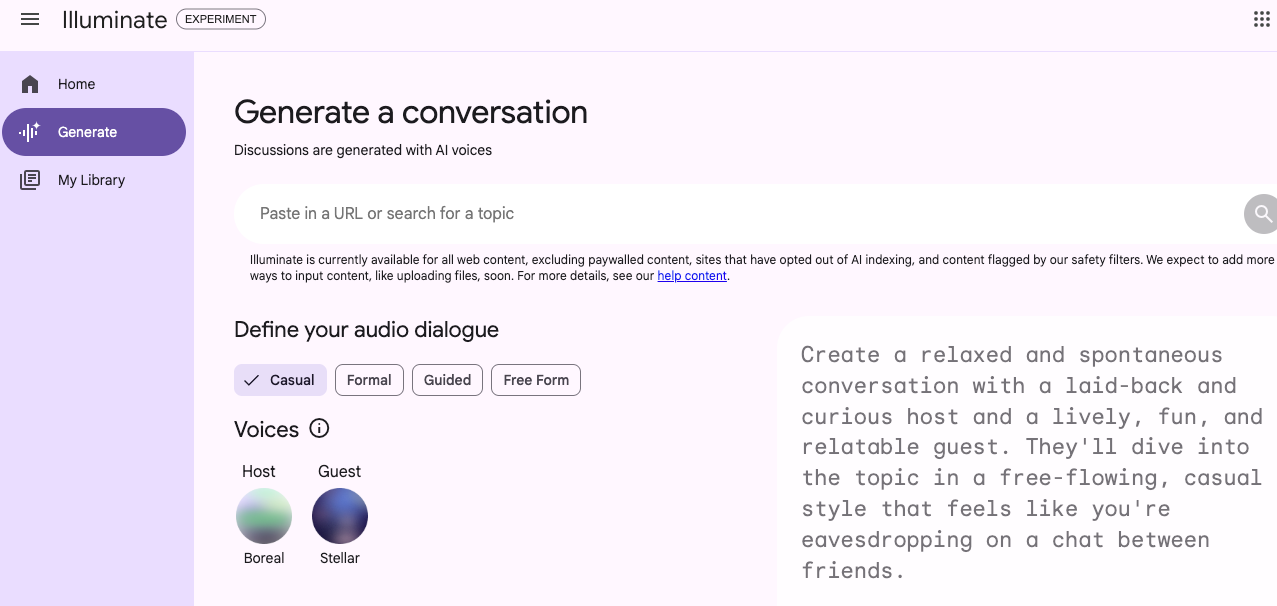Huge (600 pp) trove of research on children’s (toddler to adolescent) use of digital screens. Open Source (free to download) too. From Springer. Handbook of Children on Screens.
Category: Learning
-
Which AI?

I polled my students and the ONLY AI they used was ChatGPT. It felt like the iPhone phenomenon, but even worse. They were unaware of any others. I am set to remedy that in the next couple of weeks with a 3-week intro to “Using AI for Language Learning”, the final module of three of my classes.
It seems that AI researchers use different AIs for different purposes. The new favorite in Silicon Valley is Anthropic’s Claude AI. Here is Kevin Roose from the NYTimes on this. (Gift article)

I’m curious about what you use for yourself and for students. I’ve been playing around with TalkPal to improve my Japanese. It seems to work. I do get a flavor of how nervous my students are using AI for learning. I hope to teach them to feel more in control. I’m beta testing IDoRecall where you can add spaced repetition learning to almost anything you encounter, and link back to it if you don’t remember the flash cards. I’ve signed up for a similar site at YouLearn. Still looking into both.
-
Using AI: Helpful post

Ethan Mollick (new book out, I’m on the waiting list at the library)has a new newsletter out about things you should and should not use AI for. Check out #4 if you are a teacher, and then look closely at the NOT part. If you are a student who wants to LEARN a language (or anything else), be very careful on how you use AI.
-
New Pi for $90
A computer in a keyboard. Raspberry pi 5 is out now. About the price of 3 textbooks.
-

Illuminate is better than NotebookLM

People are talking about podcasts created by NotebookLM. We are astounded at how the two people discuss any topic we want, in such a natural dialog. The male voice sounds like a mild version of Howard Stern, and the female voice reminds me of…not sure. On the other hand, we complain that the voices are always the same, the speed and delivery also the same.
Google has another tool that lets you have more control over the output. Marc Watkins explains.
Right now you can write a prompt or link to a webpage for input, and select voices and dialog register (formality). Still no speed settings.
